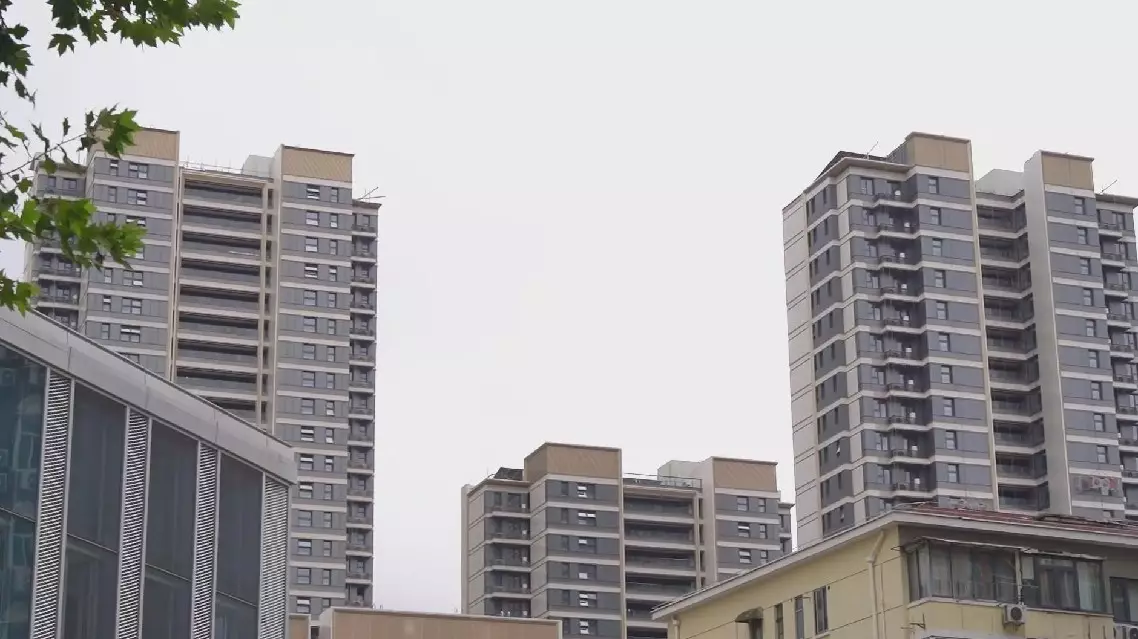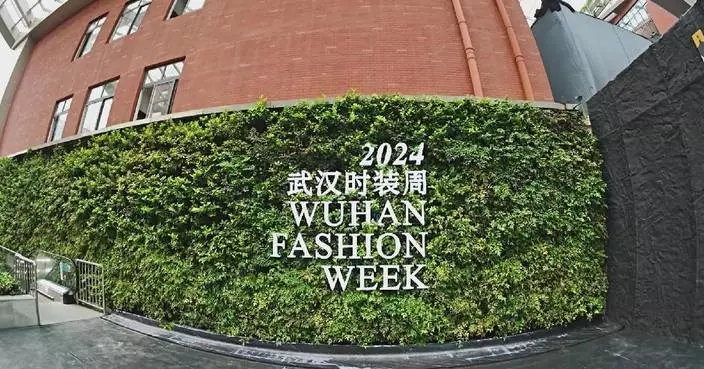The latest suite of new policies in China's real estate sector will invigorate the property market throughout the fourth quarter, according to industry watchers.
The People's Bank of China and the National Financial Regulatory Administration rolled out a wave of policies, including cutting mortgage rates and minimum down payment ratio, in late September to stabilize the real estate market.
In mid-November, the Ministry of Finance said the country will increase incentives in terms of deed tax to actively support people's essential housing needs to improve their housing conditions.
According to the Ministry of Housing and Urban-Rural Development, October marked three pivotal milestones for the national property market -- the first rise in transaction volume of new homes after 15 consecutive months of decline, the first increase in resold house sales after an eight-month downturn, and property sales in October outstripping those in September, a feat not seen in 17 years.
Dubbed "Golden September and Silver October" by the property market, the two months are considered a peak sales season in the second half of the year. Typically, September is the stronger of the two months as property developers push to hit third-quarter targets.
These shifts show the effectiveness of the favorable policies to stabilize the property sector released in September.
Analysts highlight the impact of a newly implemented policy across first-tier cities, which removes the distinction between ordinary and non-ordinary housing.
The policy exempts individuals who have owned a property for two years or more from paying value-added tax when selling their homes regardless of their property types.
This, they say, will inject fresh impetus into the real estate market, accelerating its recovery and boosting transactions.
With first-tier cities leading the rebound, confidence is expected to spread to other cities, further stabilizing the market.
"Of course, following this round of policy arrangements, the policies are now largely in place. We also anticipate that in the fourth quarter, sales of commodity housing, including in core urban areas, are likely to outperform the same period last year. The previously hesitant sentiment among the public has significantly improved, reflecting a positive shift in market expectations, with activities moving from increased viewing properties to increased purchasing," said Tang Yanbing, director of the Real Estate Market Division of the Chongqing Housing and Urban-rural Development Commission.
The positive outlook is further bolstered by the recent policy-supported expansion of urban village redevelopment, now covering nearly 300 cities at prefecture level and above.
These policies are poised to stimulate demand and supply, offering additional support to the market's recovery.
"The policies for the real estate market truly feel like a warm breeze, boosting everyone's confidence, which I believe is the fundamental target. In my opinion, the increased transaction activity and stronger confidence in the real estate market are likely to continue through the fourth quarter. If our policies exert further support, this trend will become even more pronounced, and the steady recovery and positive momentum will become even more solid," said Wang Ruimin, an associate research fellow at the Institute of Market Economy under the Development Research Center of the State Council.

China's real estate policies spur sector recovery: industry watchers









